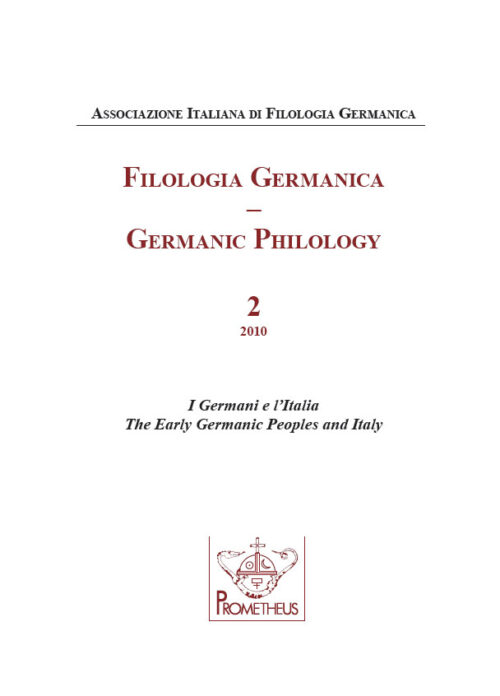Documenti longobardi e questione dell’effettività delle leggi
DOI:
https://doi.org/10.14672/fg.v2i.2418Parole chiave:
Lombards, Rothari, LiutprandAbstract
This paper aims to modify the idea which has spread among German scholars after the publication of Hermann Nehlsen’s work “Zur Aktualität und Effektivität germanischer Rechtsaufzeichnungen” (1977), concerning the lack of evidence for the application of the early medieval leges. As a representative of post-war deconstructivism Nehlsen is prone to a Romanocentric interpretation of early medieval legal history and to a criticism towards the Germanic sources of the Völkerwanderungszeit.
Referring mostly to Salic law, Nehlsen attempts to show that in spite of the abundance of legal manuscripts, the Carolingian evidence reveals no continuity between written law and legal praxis. The Lombards present an almost opposite position to that of the Carolingians: few contemporary legal manuscripts but an abundance of evidence for acceptance of the written law in charters and placita. In order to discern the effectiveness of the Lombard legislation, I have analyzed several documents and chapters of the laws. In the legislation of both Rothari and Liutprand, the redaction of a charter served as an instrument of precision to define the terms of various legal acts. Moreover the Lombard charters revealed that the scribes knew the law, not only in content but also in
language – a vulgarized Latin enriched from Lombard glosses – and were willing to apply it in their charters, in order to give stabilitas et firmitas to them. Proof of the effectivity of the Lombard legislation code could also be found in the placita, which record various examples from judges who knew the law and applied it to the letter.
Pubblicato
Fascicolo
Sezione
Licenza

Questo lavoro è fornito con la licenza Creative Commons Attribuzione - Condividi allo stesso modo 4.0.
CC-BY-SA



